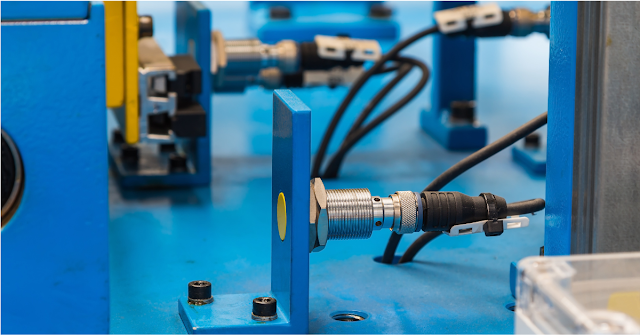A braking resistor is a key component in motor control systems, designed to dissipate excess energy generated when a motor decelerates or stops suddenly. It plays a vital role in protecting variable frequency drives (VFDs), ensuring safe and efficient operation of industrial motors.
Why is a Braking Resistor Important?
When an electric motor slows down, especially in high-inertia applications like cranes, elevators, or conveyors, it acts as a generator. This regeneration feeds energy back into the VFD. If not managed, this energy can cause overvoltage and damage the drive. That’s where braking resistors come in—they absorb and dissipate the excess energy as heat.
Key Applications
-
Elevators and escalators
-
CNC machines
-
Cranes and hoists
-
Conveyors and material handling systems
-
Wind turbines (as dynamic braking systems)
Benefits of Using a Braking Resistor
- Prevents VFD overvoltage faults
- Enhances motor braking performance
- Extends lifespan of motor and drive components
- Increases system reliability and safety







0 Comments